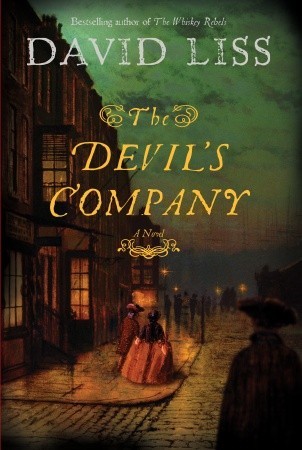This book tries to explain how the eastern Roman Empire also known as Byzantium managed to survive the Arab invasions between 640 and 740 A.D.
By 640 A.D. after prolonged but ultimately victorious war with Persians Byzantines under the emperor Heraclius recovered all the eastern territories lost previously to Persia. However, both empires were quite exhausted from constant warring.
It was at this time that tribes from Arabian peninsula became united under the new faith called Islam and started a blitzkrieg to spread it. Within next 100 years, Arabs conquest reached France to the west and China to the east. The speed of Arab conquest was simply unbelievable. North Africa, Syria, Palestine and Egypt, all Byzantine territories with strong Christian population quickly fell to Arabs. Anatolia, the only remaining eastern portion of the Empire was under constant threat of invasion. In Persia collapse of the state was so complete that it did not recover its own statehood until 16th century.
In contrary, Byzantines recovered from initial shock and by 740 A.D. Arabs stopped to represent an existential threat to their survival.
So, how Byzantines achieved it? While it is very import to ask the right questions it is more important to have the right answers which here the author failed to do it in my view. I think to understand this question one needs to compare and contrast the fate of Byzantine and Persian Empires following Arab invasions. Why Byzantines survived but Persians lost their state and even their identity and ancient religion, Zoroastrianism? It is clear from the book that Byzantines benefited tremendously from civil wars between different factions of Arab nobility that occurred periodically after initial expansion of Arab state. But what about military capabilities of Byzantines and Arabs? What determined Arab's success in the field? I did not learn anything about it reading this book. First chapter was good by introducing the concept and overall situation but the rest of the book lacked any clear direction.
posted by David


